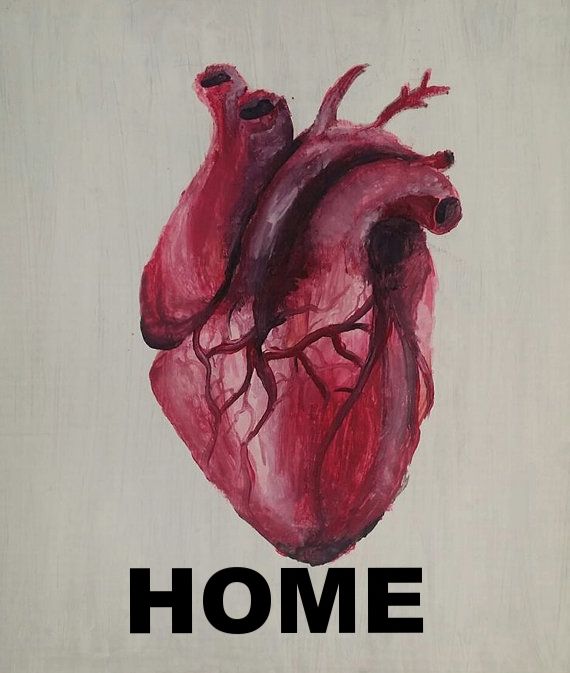Dr. W. Proctor Harvey compiled 30,000 heart sounds and murmurs.
I find conferences as overwhelming as they are exciting. By the end, I’m shuffling away, my feet aching, my thoughts swirling, unsure of exactly what I absorbed. I began making a collection of “clinical pearls” on twitter last year as a way to organize my thoughts, to give me a chance to fact-check and refashion the speaker’s points, and to share what I learned with anyone interested. I hope that this contributes in some small part to someone else’s learning.
As time wears on, I am more comfortable with uncertainty. Everything we have ever learned or believed about medicine will one day be proven to be a halftruth, an oversimplification, or just plain wrong. I am increasingly thrilled to be confronted with so much I don’t know. I find myself trailing physicians who have been in practice for 30, 40, 50 years, watching them race from room to room, taking notes, discarding old data and guidelines like a yearly spring cleaning. In such moments, I can see the enormity of the task ahead as a lifelong challenge, and a gift.
There are no perfect answers in medicine, just the best answers we have right now. The question for all doctors (and maybe for everyone?) is how do you stay curious and open for the rest of your life, while maintaining your skepticism? How do you approach a world where knowledge is accumulating at an exponential rate, and mastery is a farce? It can at times be paralyzing.
On the end of the third day of the ACP conference, tired and hopelessly lost, I found my way to a session on heart sounds. Sitting among my fellow physicians, I realized that this subject I once thought I had mastered had grown dusty and inaccessible to me. I struggled to connect what I was hearing to the anatomy. As I doodled drawings of chambers and valves, I looked around to see generations of my fellow physicians, eyelids fluttering closed, stethoscopes in their ears, their breath slowing. It is a gesture we learn without realizing, something akin to a prayer written on years of rigorous toil, a forever invocation for divine understanding of the mortal. As we sat in silent contemplation, I prayed to return to such rooms often, in body and mind, for as long as I could.

